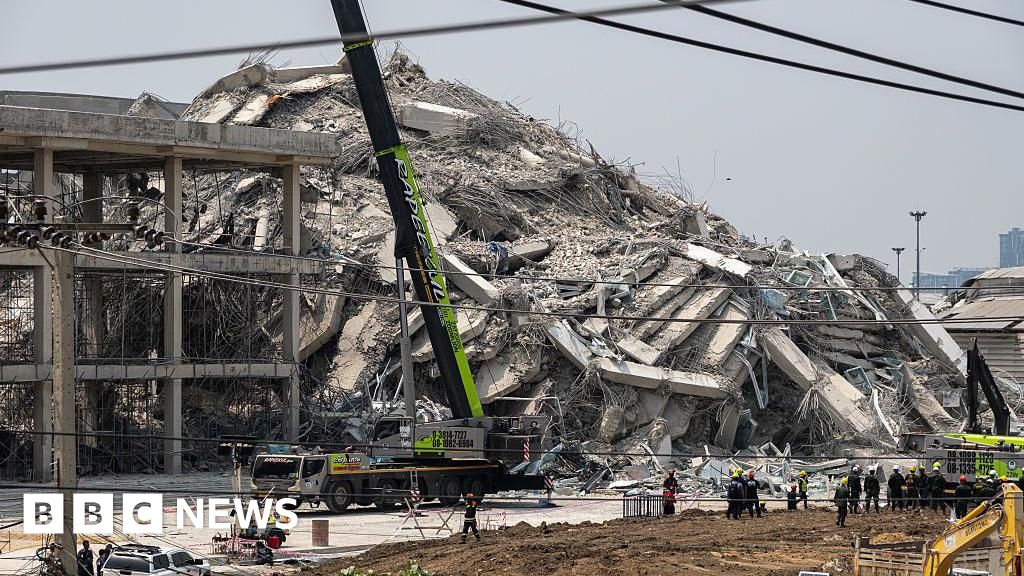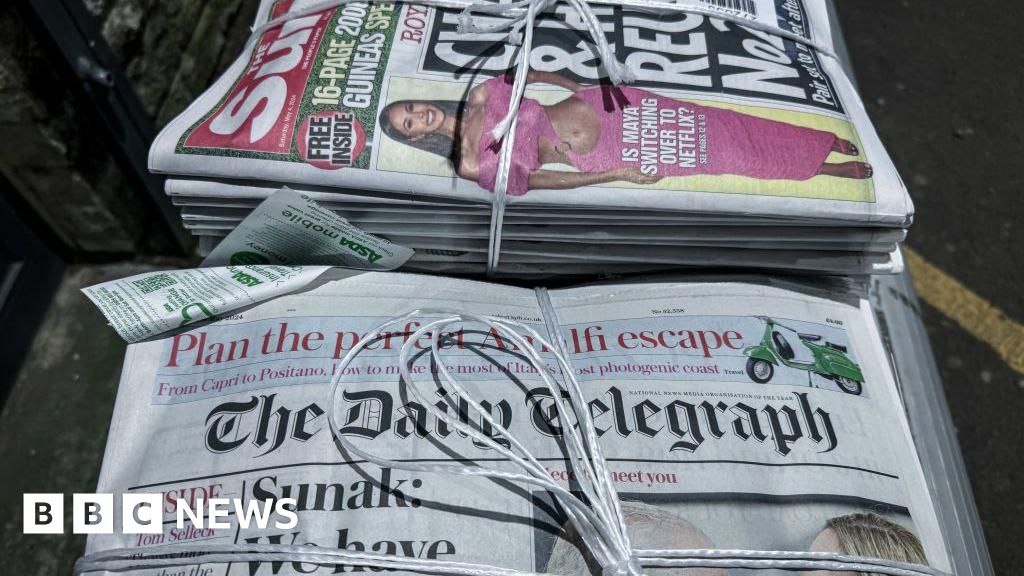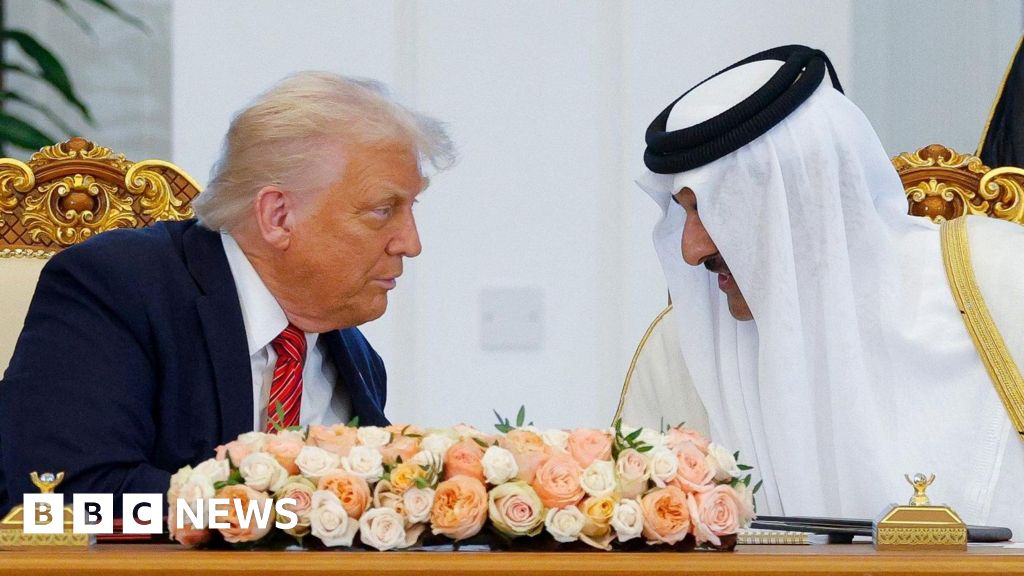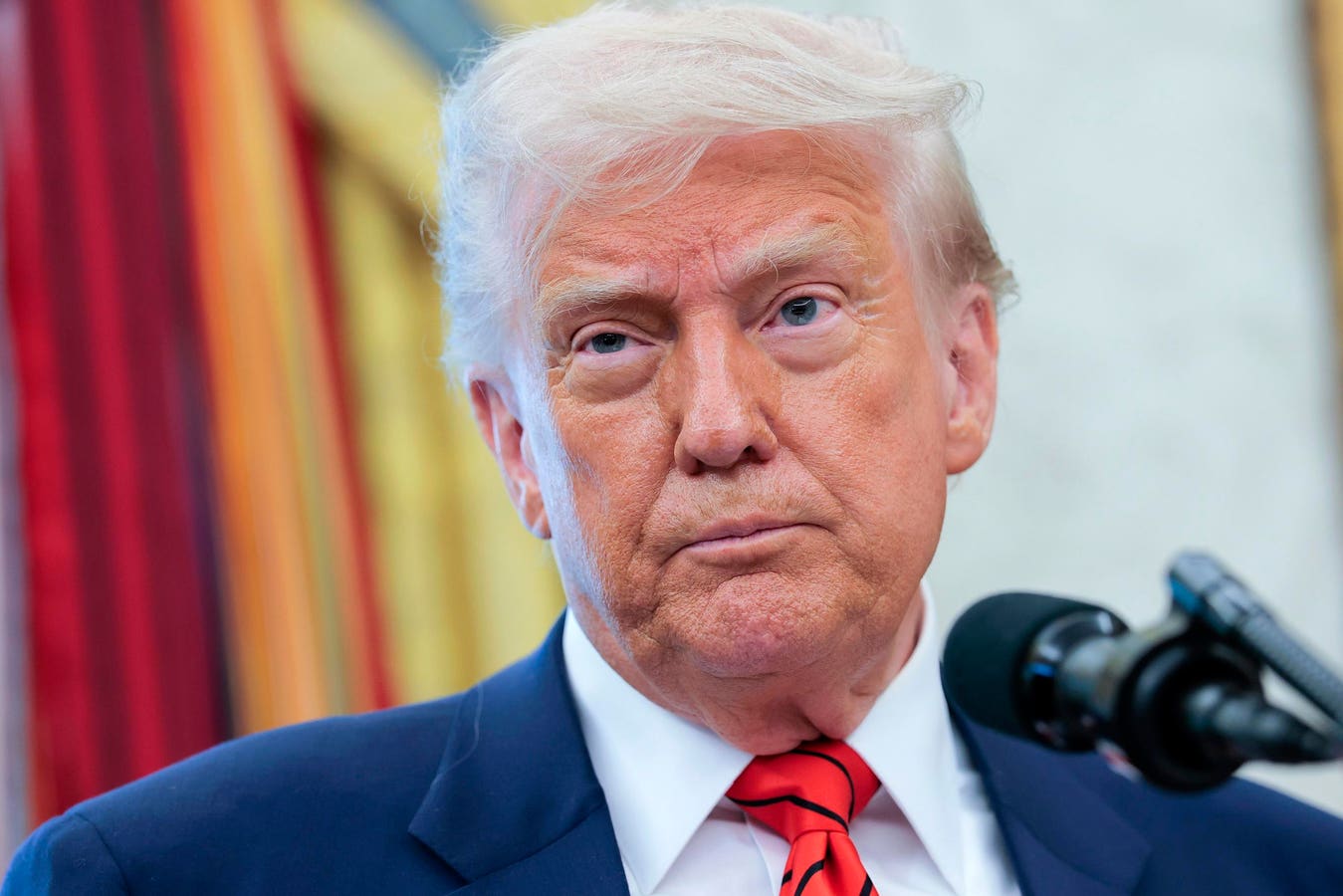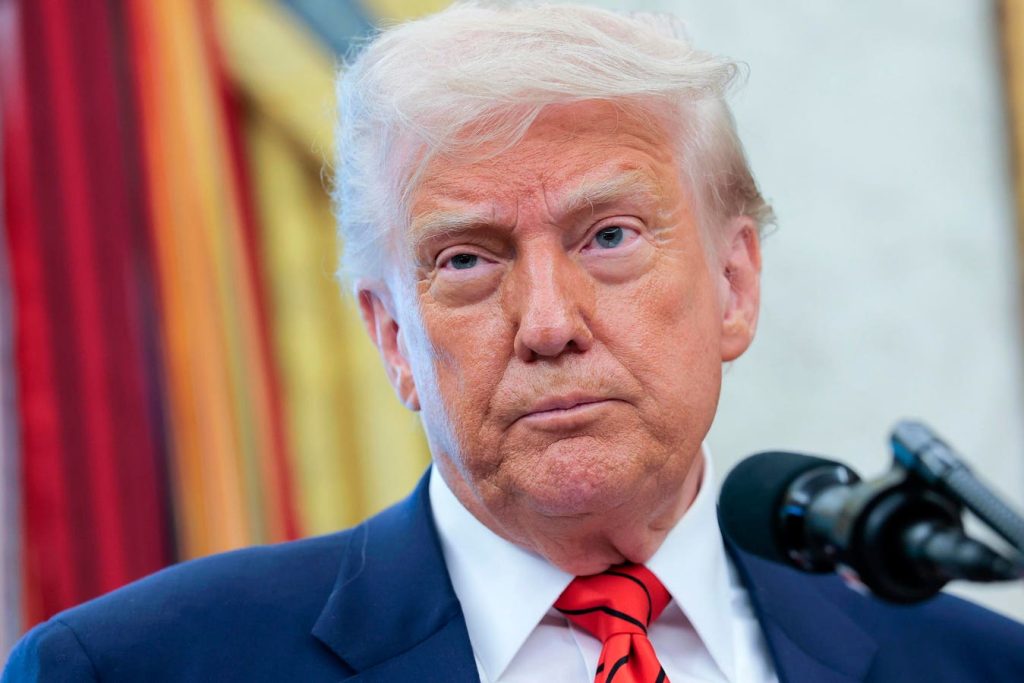Topline
Treasury Secretary Scott Bessent dismissed the deepening U.S.-China trade war as a losing situation for Beijing Wednesday, moments after China imposed an 84% retaliatory tariff against the U.S.
Treasury Secretary Scott Bessent speaks at the American Bankers Association’s Washington Summit at … More the Walter E. Washington Convention Center on April 09, 2025 in Washington, DC. (Photo by Kayla Bartkowski/Getty Images)
Key Facts
Calling China the “surplus country,” Bessent said in a Fox Business interview that Beijing is in a losing position in its trade standoff with President Donald Trump, because “their exports to the U.S. are five times our exports to China, so they can raise their tariffs but so what?”
Bessent made the comments after a 104% tariff on Chinese imports to the U.S. took effect at 12:01 a.m. Wednesday, prompting China to retaliate hours later by increasing its 34% tariff on U.S. products to 84%—an escalation Bessent said “is a loser” for China.
He predicted the U.S. and its allies, after coming to new agreements on trade, can “approach China as a group” to force its government to negotiate.
Tangent
The S&P opened 0.5% lower Wednesday, inching closer to bear market territory, and is down 12% from last Wednesday’s close. The U.S. Treasury bond market, historically considered a safe investment in times of economic turmoil, was also hit with a selloff Wednesday, with yields rising to their highest point since February as investors sell bonds and prices decline. Bessent called the bond market exodus “an uncomfortable but normal deleveraging” on Wednesday.
What To Watch For
JPMorgan Chase CEO Jamie Dimon predicted in a separate interview with Fox Business Wednesday a recession is “probably” a “likely outcome” as a result of Trump’s tariffs. “We haven’t had any slowdown or real recession . . . in so long,” Dimon said, adding that he expects “more credit problems than people have seen in a long time.”
Key Background
Trump’s sweeping tariffs on all U.S. trading partners took effect Wednesday, less than a week after he announced the policy, sending shockwaves through the stock market, fueling recession fears and triggering a tit-for-tat trade war with China. After Trump announced a new 34% tariff on China, on top of the 20% already imposed, Beijing responded with a 34% tariff on U.S. imports. Trump then imposed an additional 50% tariff on Chinese goods, for a total of 104%. China responded Wednesday by imposing an additional 50% tariff on the U.S. Despite the economic consequences, Trump has remained defiant, writing Wednesday on Truth Social it’s “a GREAT time to move your COMPANY into the United States of America” where there would be “ZERO TARIFFS.”
What We Don’t Know
How long it could take the U.S. to negotiate new tariff deals with its trading partners. Bessent told Fox Business on Monday “it’s going to be a busy April,” suggesting the talks could stretch into June. Nearly 70 countries have reached out to the U.S. to negotiate on tariffs, he said, calling the rates that took effect Wednesday the “maximum.”
Further Reading
Forbes Recession Tracker: JPMorgan’s Jamie Dimon Says Recession ‘Probably’ Coming (Forbes)
Trade War Deepens: EU Weighs 25% Retaliatory Tariffs, Trump Threatens China With 50% Tax (Forbes)


